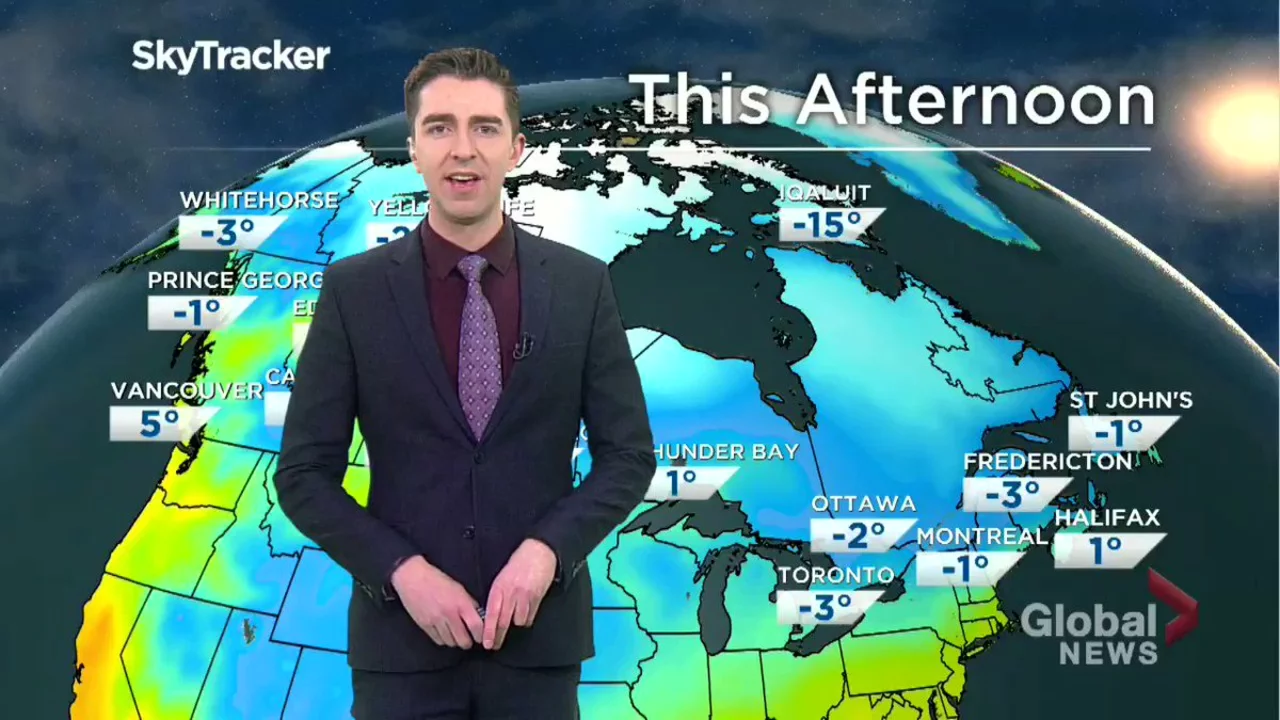The Ubiquity of Traffic and Weather Reports
It can sometimes feel like you can't escape: every morning, every evening, there they are - the familiar duo of traffic and weather reports. In a world of ever-advancing technology and information overload, do we really need regular updates on road conditions and upcoming weather changes? Is it purely for necessity, or is there more to it? It's time for the inquisitive Archer to delve into the unfathomable depths of this fascinating topic.
Well, my friends, have you ever thought about how empowering it can be to know the weather forecast and traffic conditions? Armed with this information, you can plan your daily activities, decide what to wear or which method of transportation to choose, while avoiding any meteorological or traffic-induced turmoil that may lie ahead. Isn't that both amazing and reassuring?
It's truly a testament to human adaptation and foresight; we no longer have to rely on looking at the sky or listening for the distant honk of traffic to guess what the day has in store for us. And the variety of these reports might surprise you - they range from the aggregated data of meteorological institutes, to real-time updates from local traffic cameras and sensors. Talk about comprehensive coverage!
The Role of News Channels
But why do news channels dedicate so much time to broadcasting traffic and weather updates? Simple: these topics have a universal appeal. No matter their occupation, everyone is subject to the whims of the weather and the flow of traffic. By covering these issues, news channels can attract a wider audience and provide a public service at the same time.
Ever wondered why weather forecasts are often delivered with a smile, even if the outlook is gloomy? It's all part of the allure – a friendly face delivering the news makes viewers feel more connected to the broadcaster. Similarly, traffic updates are often relayed with a sense of urgency, making them all the more compelling, especially if you're in a rush to get out the door or onto the open road.
And remember this: every time a news reporter steps in front of a green screen filled with colorful graphics, they're stepping into a centuries-old tradition of folk wisdom and scientific progress. It shows that while our methods have changed, our need to understand and predict our environment remains just as crucial. All of this, delivered right into your living room!
Behind the Scenes of Traffic and Weather Reports
At this point, you may be wondering how professionals gather and interpret such vast amounts of traffic and weather data. This, dear readers, is where technology comes into play. From advanced satellite imagery to a network of weather stations, from AI analysis to data collected by thousands of mobile devices, modern technology is our trusty aid in predicting the unpredictable. I'd be remiss if I didn't mention the tireless humans behind the scenes who work day in, day out to make sure we stay safe and informed.
Reporting on traffic and weather conditions turned out to be a prime example of how technology empowers us to better understand our world, and how we, as both individuals and society, perceive and interact with it. In a sense, it's a cocktail of romanticism and pragmatism – we're allies with technology, yet still at mercy to the elements and public infrastructure.
Have a story here. Once, during my college days, I ignored a weather forecast predicting heavy snow and ventured out for a long drive. Needless to say, the weatherman was right; a blizzard blew in, and I ended up spending almost six extra hours on the road. Lesson learned? Always trust the weatherman!
Are Traffic and Weather Reports Here to Stay?
Given the possibilities that current and emerging technologies such as augmented reality and predictive analytics offer, will traffic and weather reports remain a fixture on the news? Yes, my dear readers, they will. They will evolve, grow more accurate, and continue to serve their primary purpose – to keep us informed and ready for whatever the day throws at us.
As we move on, along with our constantly evolving technology and increased access to information, we learn to appreciate the "old faithfuls" such as weather and traffic reports. They may not be the most exciting thing on TV, but they sure are the most reliable. And in a world that changes fast, there's something comforting in such reliability.
So next time you switch on your TV or tune into your radio and hear those familiar weather or traffic updates, remember: it might seem unnecessary or even boring to some, but for the majority, it's a little bit of reassurance in an unpredictable world. And wouldn't you agree, that's something well worth covering?
Remember, a well-informed Archer is a prepared Archer. Stay informed, stay ahead, and let the weatherman worry about the weather. And down the road, no matter the traffic, always keep your eyes on the journey ahead and the stories you'll have to share upon your return.

Write a comment